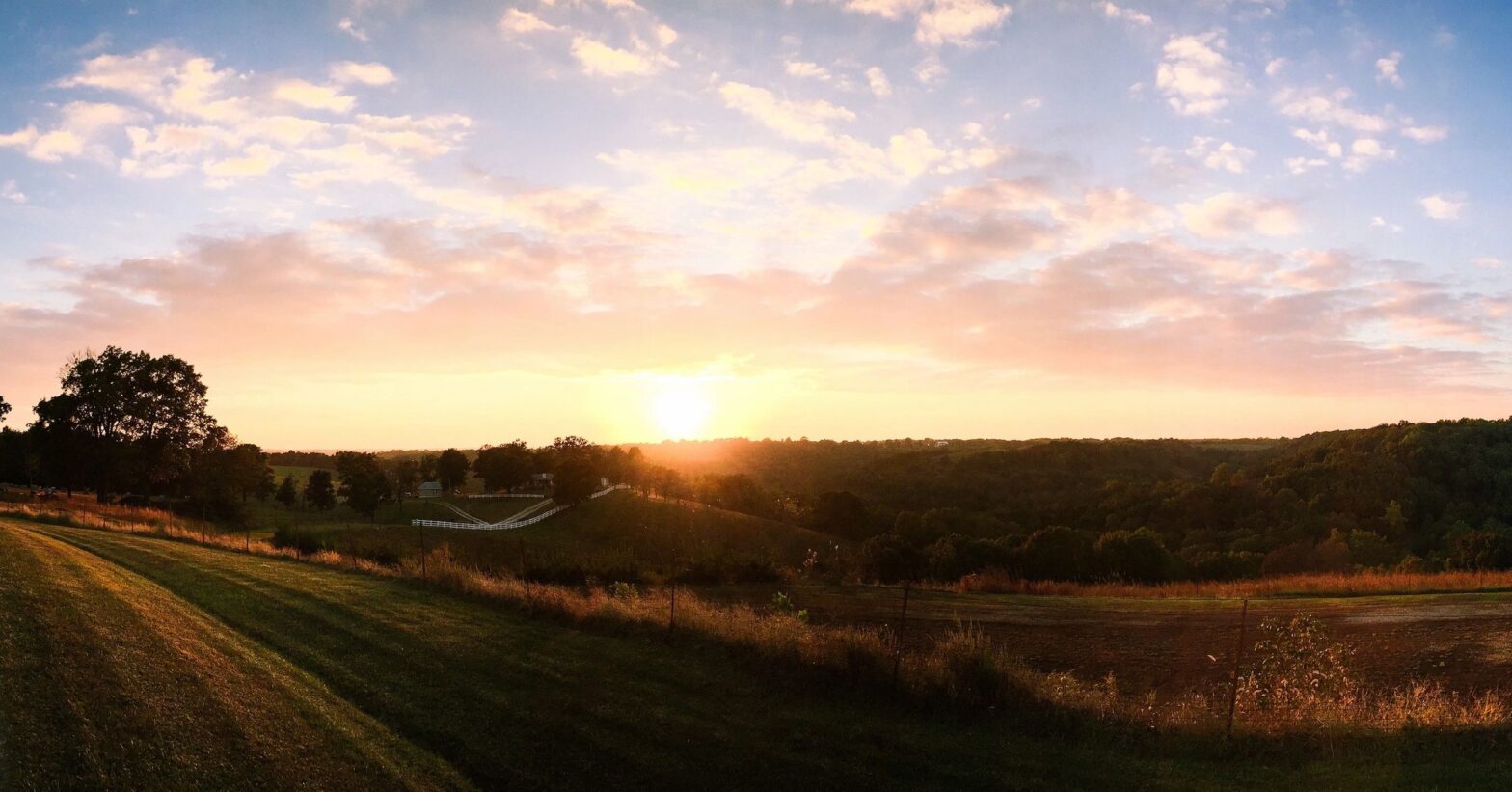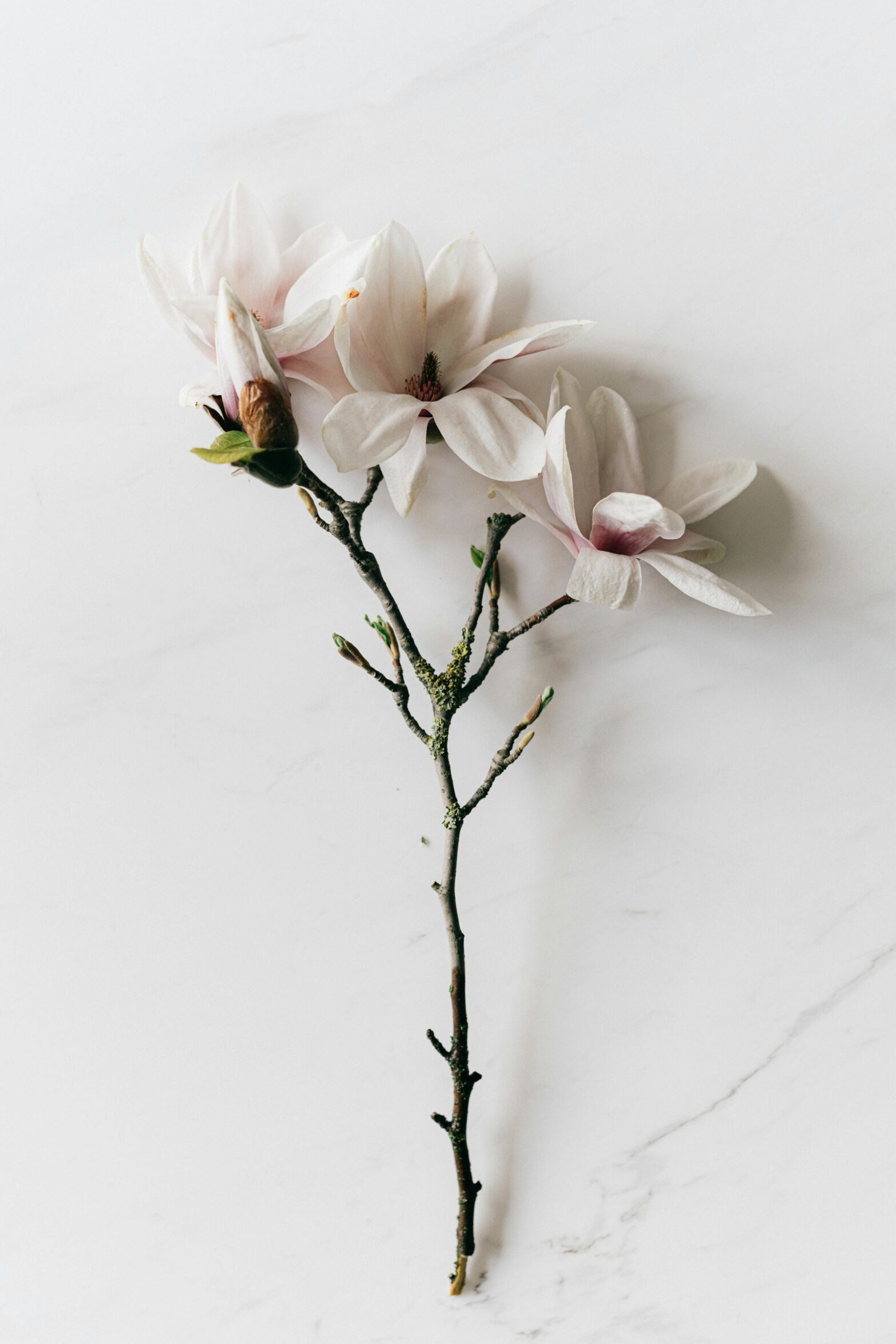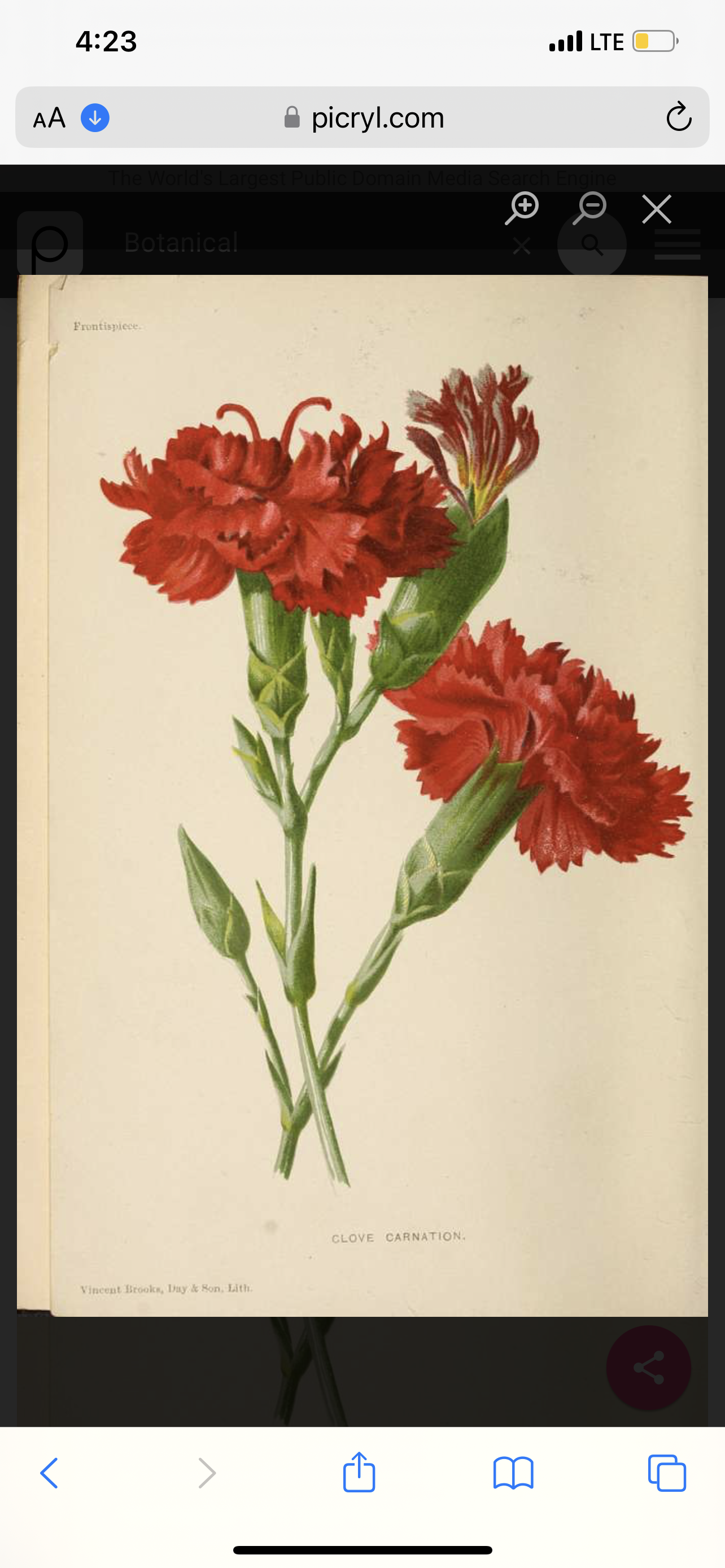Incorporating mindfulness and gratitude into your daily life can profoundly impact your overall well-being. To help you embrace the present moment and cultivate an attitude of gratitude, we’ve compiled a list of mindfulness gratitude quotes from some of the world’s most influential thinkers and spiritual teachers. These quotes will remind you to appreciate the little things and find joy in everyday life.
Mindfulness Gratitude Quotes
Eckhart Tolle
- “Acknowledging the good that you already have in your life is the foundation for all abundance.”
- Embrace the present moment by recognizing and appreciating the good things you already have.
Oprah Winfrey
- “Be thankful for what you have; you’ll end up having more. If you concentrate on what you don’t have, you will never, ever have enough.”
- Oprah’s wisdom reminds us to express gratitude for the blessings in our lives.
Albert Einstein
- “There are only two ways to live your life. One is as though nothing is a miracle. The other is as though everything is a miracle.”
- Adopting a grateful mindset allows us to see the creativity of the universe in the ordinary things.
Maya Angelou
- “Let gratitude be the pillow upon which you kneel to say your nightly prayer.”
- An attitude of gratitude can be a powerful tool for finding peace and contentment in daily life.
Jon Kabat-Zinn
- “The present moment is the only time over which we have dominion.”
- Mindfulness practice involves being fully present and appreciating the here and now.
Dalai Lama
- “The roots of all goodness lie in the soil of appreciation for goodness.”
- Gratitude is the foundation of a positive mindset and a joyful life.
Thích Nhất Hạnh
- “Walk as if you are kissing the Earth with your feet.”
- This quote encourages us to be mindful and grateful for every step we take.
Deepak Chopra
- “Gratitude opens the door to the power, the wisdom, the creativity of the universe.”
- By expressing gratitude, we tap into the limitless potential of the universe.
John F. Kennedy
- “We must find time to stop and thank the people who make a difference in our lives.”
- Recognizing and appreciating the impact others have on our lives is a wonderful thing.
Melody Beattie
- “Gratitude unlocks the fullness of life. It turns what we have into enough, and more.”
- Practicing gratitude transforms our perspective and enriches our lives.
How to Incorporate Mindfulness and Gratitude into Your Daily Life
1. Start a Gratitude Journal
- Take a few minutes each day to note the things you are grateful for. This simple practice can shift your focus to the positive aspects of your life.
2. Practice Mindfulness Meditation
- Set aside time each day to practice mindfulness meditation. This helps you stay grounded in the present moment and develop a sense of gratitude for your current experiences.
3. Express Gratitude to Others
- Take the time to thank the people in your life who have made a positive impact. A heartfelt thank you can strengthen your relationships and create a tide of love.
4. Focus on the Little Things
- Often, it’s the little things that bring the most joy. Pay attention to the small moments and simple pleasures in your everyday life.
5. Reflect on Inspirational Quotes
- Keep a list of your favorite mindfulness gratitude quotes. Reflecting on these quotes can provide daily inspiration and remind you to stay grateful.
Conclusion
Mindfulness and gratitude are powerful practices that can transform your life. By appreciating the present moment and expressing gratitude for the good things in your life, you can cultivate a positive mindset and find joy in everyday experiences. Use these mindfulness gratitude quotes as a source of inspiration and a reminder to embrace each day with a grateful heart.








